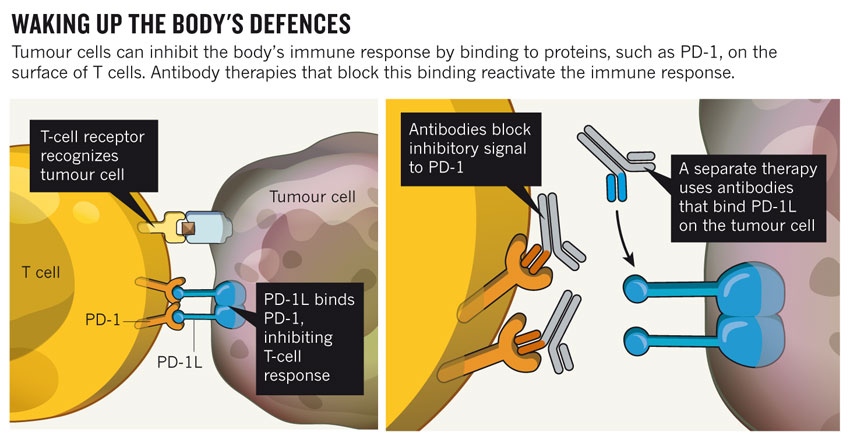Division of Nephrology faculty member Tarek Alhamed, MD has published an article questioning whether checkpoint inhibitors might be associated with an increased rejection. With senior author Dan Brennan, MD and coauthors Karthik Venkatachalam, MD, renal fellow and Gerald Linette, MD, of the Division of Oncology, the team described a renal transplant patient who developed metastatic melanoma 15 years after receiving a kidney transplant. He received PD-1 inhibition, which has shown great success in treating melanoma, a typically therapy-resistant malignant cancer. Soon after starting therapy, however, the patient developed rejection of his kidney allograft. PD-1 inhibitors are well known to induce autoimmunity, indeed that is part of their anticancer mechanism. The authors presciently state, “Ultimately, we need to realize that checkpoint inhibitor antibodies are lifesaving treatments, particularly in metastatic melanoma. However, the benefits of tumor regression versus the potential risk of allograft rejection and allograft loss should be weighed carefully for each individual patient.”
